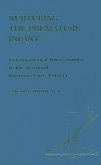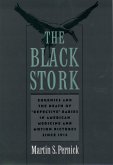Using historical and anthropological perspectives to examine mind-body relationships in western thought, this book interweaves topics that are usually disconnected to tell a big, important story in the histories of medicine, science, philosophy, religion, and political rhetoric. Beginning with early debates during the Scientific Revolution about representation and reality, Martensen demonstrates how investigators such as Vesalius and Harvey sought to transform long-standing notions of the body as dominated by spirit-like humors into portrayals that emphasized its solid tissues. Subsequently, Descartes and Willis and their followers amended this 'new' philosophy to argue for the primacy of the cerebral hemispheres and cranial nerves as they downplayed the role of the spirit, passion, and the heart in human thought and behavior. None of this occurred in a social vacuum, and the book places these medical and philosophical innovations in the context of the religious and political crises of the Reformation and English Civil War and its aftermath. Patrons and their interests are part of the story, as are patients and new formulations of gender. John Locke's psychology and the emergence in England of a constitutional monarchy figure prominently, as do opponents of the new doctrines of brain and nerves and the emergent social order. The book's concluding chapter discusses how debates over investigative methods and models of body order that first raged over 300 years ago continue to influence biomedicine and the broader culture today. No other book on western mind-body relationships has attempted this.
Dieser Download kann aus rechtlichen Gründen nur mit Rechnungsadresse in A, B, BG, CY, CZ, D, DK, EW, E, FIN, F, GR, HR, H, IRL, I, LT, L, LR, M, NL, PL, P, R, S, SLO, SK ausgeliefert werden.









